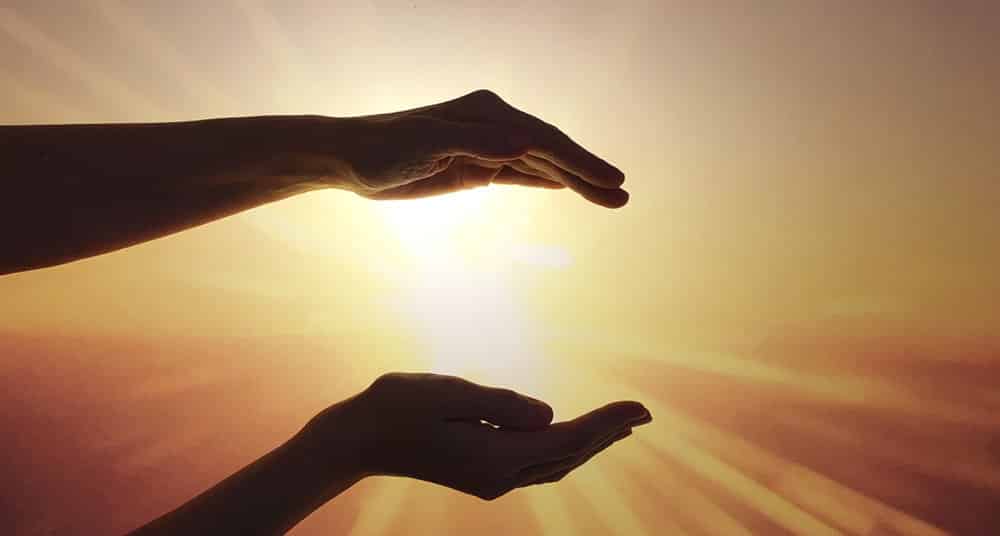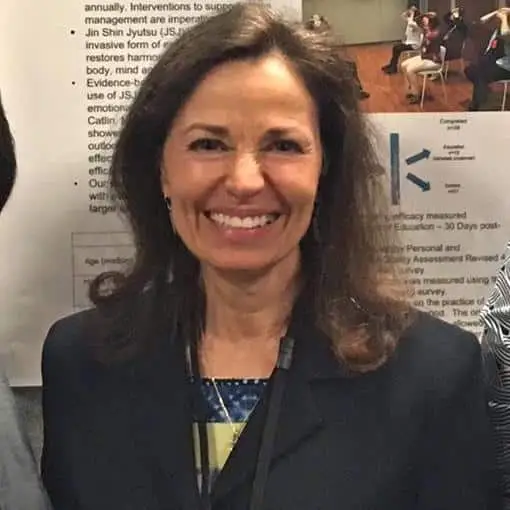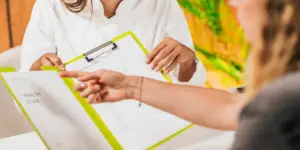What is Jin Shin Jyutsu?
- Jin Shin Jyutsu® is an ancient art of harmonizing the life energy of the body
- It uses a light touch on twenty-six safety energy pathways on each side of the body that feed life into our cells
- By placing the hands gently on these specific locations, they act as jumper cables which allow the energetic pathways to open and balance so the energy moves freely through the body
- This promotes optimal health and well-being and facilitates the body’s own profound healing capacity
- It is a valuable integrative modality that induces relaxation and reduces the effects of stress
- Holding these energy locks in combination can bring harmony to body, mind and spirit
Jin Shin Jyutsu® study published in Journal of Holistic Nursing
Millspaugh J, Errico C, Mortimer S, Kowalski MO, Chiu S, Reifsnyder C. Jin Shin Jyutsu® Self-Help Reduces Nurse Stress: A Randomized Controlled Study. Journal of Holistic Nursing. July 2020. doi:10.1177/0898010120938922
Purpose:
The purpose of this research was to explore the impact of Jin Shin Jyutsu (JSJ) Self-Help on personal stress and the caring efficacy of nurses.
Design:
A randomized, controlled comparison study, with crossover design was conducted.
Method:
Stress and caring efficacy were measured via surveys at baseline, posteducation, and again 30 to 40 days after completion of the JSJ educational intervention. Self-reported stress was the primary endpoint as measured with the validated Personal and Organizational Quality Assessment–Revised 4 Scale (POQA-R4) survey. Caring Efficacy was measured using the Coates Caring Efficacy Scale.
Findings:
A total of 41 nurses consented and completed the study; 18 were in the education group and 23 were in the control group. Changes in stress were sustained in the education group for the POQA-R4. Changes observed in the control group were not sustained. Statistical differences were observed when comparing education and control from baseline to final surveys for measures of emotional vitality and buoyancy. Increases in nursing caring efficacy were observed in both groups. Scores were consistently higher in the education group. Statistically significant differences were observed from baseline to final measure for the education group.
Conclusions:
Results show JSJ as a viable option for stress reduction in nurses.
{

Catherine is a board certified Health and Wellness Nurse Coach and Jin Shin Jyutsu(JSJ) Self-Help instructor working as an Integrative Medicine Practitioner at Morristown Medical Center in New Jersey. Since the COVID-19 crisis, her focus has shifted from helping patients at the medical center by providing interventions to help with their pain, anxiety and nausea relief to helping nurses with strategies aimed at decreasing stress and increasing resiliency.
In 2017, Catherine did all the teaching for a research study looking at the effects of teaching JSJ Self-Help to nurses and their stress levels; physical, personal and professional. Those results show that JSJ Self-Help is a viable option for stress reduction in nurses.
In June of 2020 the study was published online in the Journal of Holistic Nursing titled “Jin Shin Jyutsu® Self-Help Reduces Nurse Stress: A Randomized Controlled Study.” This attention brought a renewed interest for helping the nursing staff during these challenging times.
In addition, Catherine teaches an eight hour Introduction to JSJ Self-Care in American Holistic Nursing Association’s Integrative Healing Arts Program, presents JSJ Self-Help classes on request to area hospitals, nursing educational programs and enjoys mentoring coaching students for the International Nurse Coach Association | Integrative Nurse Coach® Academy.
She is also an advocate for making core competencies in self-care strategies part of any initial nursing education program to help with stress reduction during the student years, helping transition from student to professional nurse and helping nurses to remain actively engaged in the profession and not get burned out.






